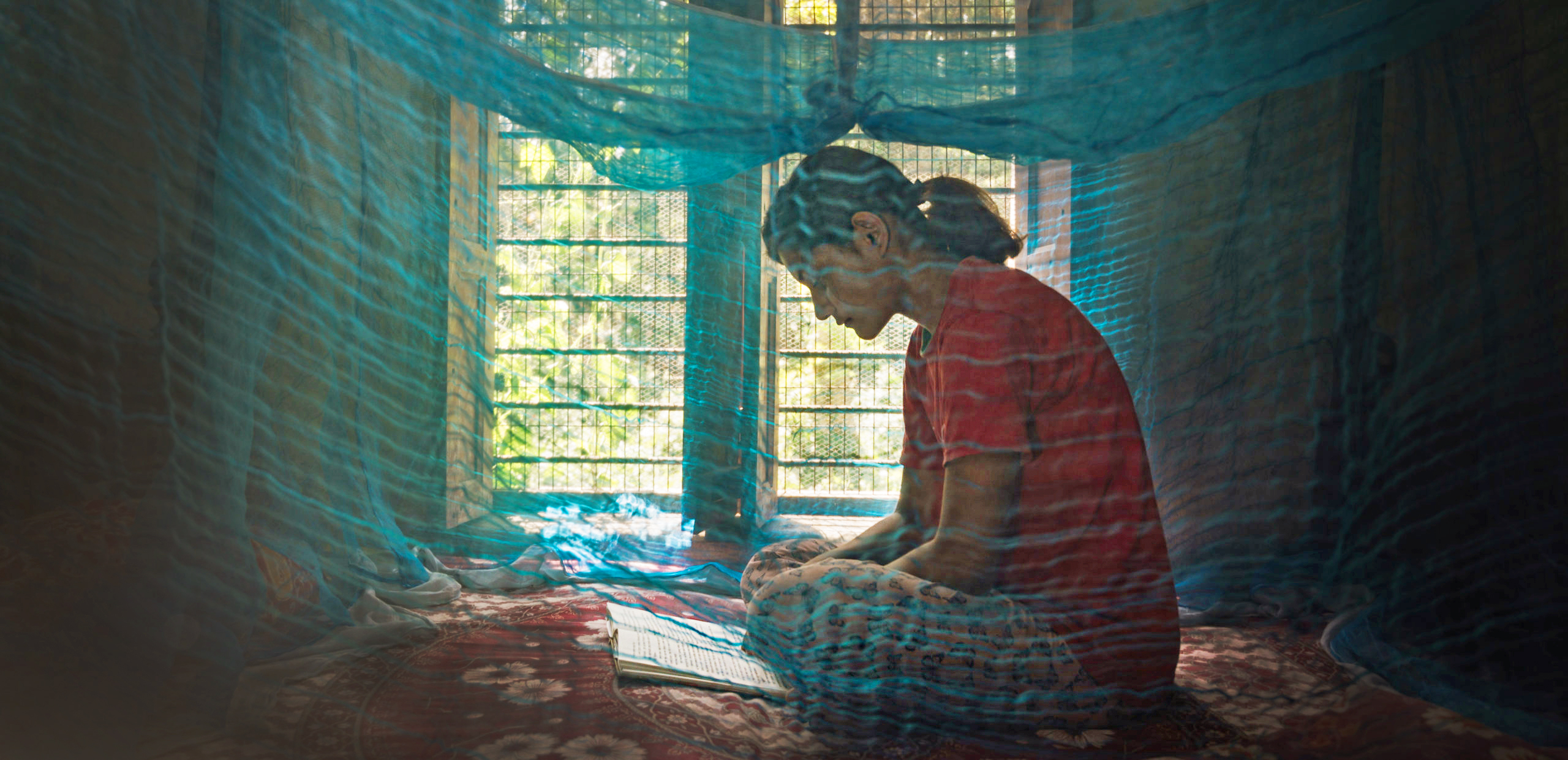I made a bit of a fool of myself the other day by excitedly tweeting about a new malaria vaccine. In my excitement, I hadn’t realised that the study was from April and I’d actually got excited about it at the time.
But I think it’s worth getting excited about. Malaria is one of the most neglected problems in the world, in terms of its impact compared to how much effort we spend on it.
For context, some numbers. At the beginning of the 21st century, more than 800,000 people died every year from the disease, according to the WHO, and that’s actually the start of a huge success story; by 2015, the number was “only” about 400,000. The Institute of Health Metrics and Evaluation (IHME) tells a similar story, although not quite as stark; it thinks it was 900,000 in 2004 and 600,000 by 2017.
That death toll is bad enough, but it’s even worse when you remember that nearly two-thirds of those deaths were among children under five. For comparison, about nine million people die annually of cancer, worldwide. But the median age of a cancer death is probably about 70. The median age of a malaria victim is probably about four. About 15,000 children under five die every day; malaria kills about a thousand of them.
In terms of years of life lost, cancer and malaria are probably reasonably comparable; cancer kills 10 times as many but malaria’s victims might have lived 10 times as long. But the amount spent on them is not comparable. It’s hard to be sure, but I estimate the total spend on malaria – on treatment, and on research for new treatments – to be about $5 billion (1, 2). The amount spent on cancer drugs and cancer research (1, 2) is probably more like $200 billion.
That’s what I mean by it being neglected. If you want to do good in the world, probably the single most effective thing is to donate money to antimalarial charities which hand out insecticide-impregnated bed nets; on average, the charity evaluator GiveWell estimates, each $9,000 you donate will prevent one death from malaria, usually of a child who will live for many more years. For comparison, it usually costs the NHS around £20,000 ($27,000) to extend the life of a cancer patient by one year with cancer drugs. Malaria deaths are low-hanging fruit: relatively small investments could save huge numbers of lives.
So, that vaccine. They tested it in 450 children in Burkina Faso, and have now seen the preliminary results: it appears to be about 77% effective. (That is, for every 100 cases in the control group, you’d expect to see only 23 in the treatment group.)
It was a small, Phase II trial, and early days. But since I got excited back in April, a bigger, Phase III trial on 4,800 children has begun. If it’s shown to be effective, this could be the biggest news of the year, Covid notwithstanding.
One of the great success stories of the last few decades has been the rollout of vaccines to the developing world: 85% of the world’s children have had at least one dose of a measles vaccine, and even higher numbers are vaccinated against tuberculosis and polio. Those numbers are lower for Africa, which has the lowest vaccination rates of any continent, but still, more than two-thirds of all African children have had those vaccines and others. If the new malaria vaccine works, and can be made cheaply, then it could be added to an already effective vaccination regime and start saving lives very quickly.
I don’t know (and I don’t think the data yet exists to tell) whether this vaccine, like the Covid vaccines, is more effective against severe disease than against symptomatic cases. Let’s assume it’s not, but that it can be got (like the polio vaccine) into the arms of 75% of African children. A really naive calculation suggests that of the 400,000 deaths each year, it could prevent about 230,000, mainly in the under-fives.
There is precedent for this. Measles used to kill millions of children a year; then a vaccine was developed, and got into the arms of 86% of the world’s babies, and now those deaths have dropped by 73%. The WHO estimates that between 2000 and 2018, the measles vaccine saved 23 million lives.
Covid is awful; it has flown in and overturned the world. But in the background, malaria (along with other neglected killers of children: dysentery, dengue, pneumonia, malnourishment) has quietly continued plugging away, as it has throughout human existence. We’ve made great strides against it, but a safe, effective vaccine could be one of the greatest lifesavers in history. I think it’s worth getting excited about, even belatedly.











Join the discussion
Join like minded readers that support our journalism by becoming a paid subscriber
To join the discussion in the comments, become a paid subscriber.
Join like minded readers that support our journalism, read unlimited articles and enjoy other subscriber-only benefits.
Subscribe